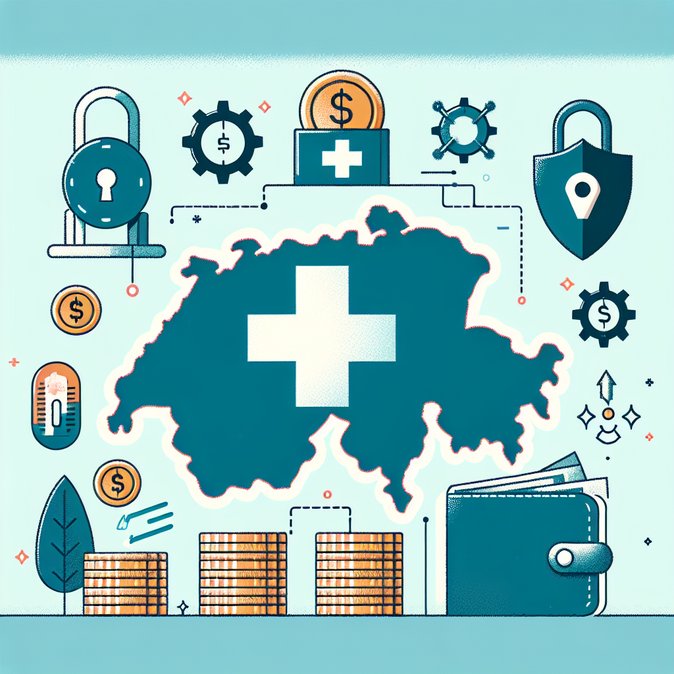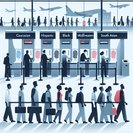
The Swiss State Secretariat for Migration (SEM) confirmed on 23 November that Switzerland will align with the rest of the Schengen Area in raising the European Travel Information and Authorisation System (ETIAS) fee from €7 to €20 on 1 January 2026. The decision follows a joint resolution adopted in Brussels on 22 November aimed at securing long-term funding for the EU’s new border-security and cyber-defence infrastructure.
ETIAS is the pre-travel clearance required for visa-exempt nationals—such as U.S., UK, Canadian and Japanese citizens—who enter the Schengen zone for stays of up to 90 days in any 180-day period. Although the authorisation remains valid for three years, the higher price will be felt by firms that routinely sponsor multiple short business trips or rotational assignments.
![ETIAS Fee for Switzerland and Schengen Partners Set to Triple to €20 from January 2026]()
SEM officials said the additional revenue will be channelled into cybersecurity upgrades, integration of ETIAS with Europol databases and enhancements to the Schengen Information System (SIS) to detect identity fraud more quickly. The move is part of a broader push to digitise borders: ETIAS approvals will ultimately be embedded in the same QR code used for the new Entry/Exit System (EES), reducing manual checks.
Travel-heavy sectors such as pharma, med-tech and private banking—industries where Switzerland hosts regional headquarters—should revisit travel policies. Some employers already bulk-purchase ETIAS approvals for project teams; finance departments may now need to absorb a near-threefold increase in advance costs or shift the expense to travellers.
Practical tips for mobility managers include bundling multiple meetings into a single trip so the per-trip cost of ETIAS falls, and updating intranet guidance so that employees expecting a €7 fee are not caught off guard at checkout. SEM plans to publish multilingual employer FAQs by Q2 2026, but companies with January kick-off meetings should circulate internal guidance well before the 2025 year-end break.
ETIAS is the pre-travel clearance required for visa-exempt nationals—such as U.S., UK, Canadian and Japanese citizens—who enter the Schengen zone for stays of up to 90 days in any 180-day period. Although the authorisation remains valid for three years, the higher price will be felt by firms that routinely sponsor multiple short business trips or rotational assignments.

SEM officials said the additional revenue will be channelled into cybersecurity upgrades, integration of ETIAS with Europol databases and enhancements to the Schengen Information System (SIS) to detect identity fraud more quickly. The move is part of a broader push to digitise borders: ETIAS approvals will ultimately be embedded in the same QR code used for the new Entry/Exit System (EES), reducing manual checks.
Travel-heavy sectors such as pharma, med-tech and private banking—industries where Switzerland hosts regional headquarters—should revisit travel policies. Some employers already bulk-purchase ETIAS approvals for project teams; finance departments may now need to absorb a near-threefold increase in advance costs or shift the expense to travellers.
Practical tips for mobility managers include bundling multiple meetings into a single trip so the per-trip cost of ETIAS falls, and updating intranet guidance so that employees expecting a €7 fee are not caught off guard at checkout. SEM plans to publish multilingual employer FAQs by Q2 2026, but companies with January kick-off meetings should circulate internal guidance well before the 2025 year-end break.







